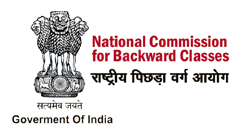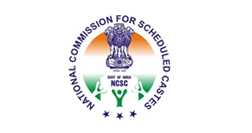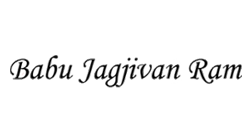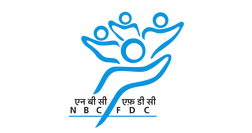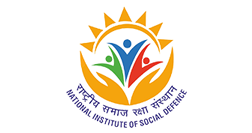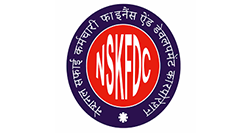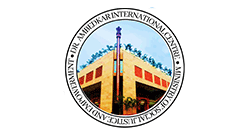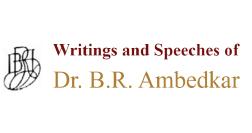
Know Dr. B.R. Ambedkar
THE LEADER OF THE SILENT
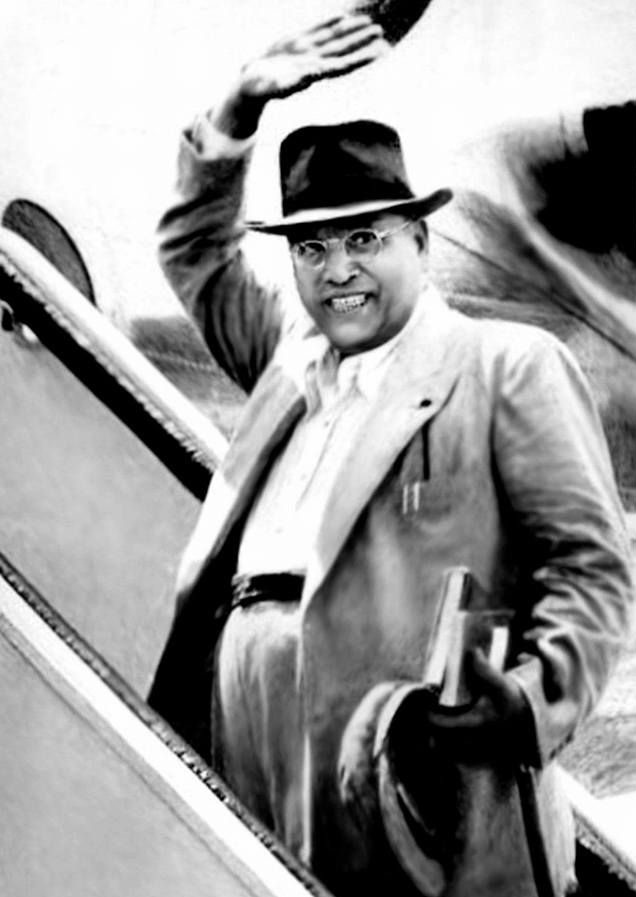
In the year 1907, young Bhimrao passed the Matriculation examination from Bombay University with flying colours. Later in 1913 he graduated in Political Science and Economics from Bombay University. Around the same time his father passed away. Although he was going through a bad time, Bhimrao decided to accept the opportunity to go to USA for further studies at Columbia University for which he was awarded a scholarship by the Maharaja of Baroda. Bhimrao remained abroad from 1913 to 1917 and again from 1920 to 1923. During this period he had established himself as an eminent intellectual. Columbia University had awarded him the Ph.D for his thesis, which was later published in a book form under the title "The Evolution of Provincial Finance in British India". However his first published article was "Castes in India - Their Mechanism, Genesis and Development". During his stay in London from 1920 to 1923, he also completed his thesis titled "The Problem of the Rupee" for which he was awarded the degree of D.Sc.
He set up the 'BahishkritHitkariniSabha (Outcastes Welfare Association), in 1923 for spreading education and culture amongst the downtrodden, improving their economic status and raising matters concerning their problems in the proper forums to focus attention, so that solutions could be found for the same. The problems of the downtrodden were centuries old and difficult to overcome. Their entry into temples was forbidden, they could not draw water from public wells and ponds, their admission in schools was prohibited. In 1927, he led the Mahad March at the Chowdar Tank. This marked the beginning of the anti-caste and ant-priest movement. The Temple entry movement' launched by Dr. Ambedkar in 1930 at Kalaram temple, Nasik is another landmark in the struggle for human rights and social justice.
When India became independent, in 1947 he became the first Law Minister of Independent India. The Constituent Assembly entrusted the job of drafting the Constitution to a committee and Dr. Ambedkar was elected as Chairman of the Drafting Committee.
While he was busy with drafting the Constitution, India faced several crises, in the beginning of 1948, Dr. Ambedkar completed the draft of the Constitution and presented it in the Constituent Assembly. In November 1949, this draft was adopted with very few amendments. Many provisions have been made in the Constitution to ensure Social Justice for Scheduled Castes, Scheduled Tribes and Backward Classes. Dr. Ambedkar was of the opinion that traditional religious values should be given up and new ideas adopted. He laid special emphasis on dignity, unity, freedom and rights for all citizens as evidently reflected in the Constitution. Dr. Ambedkar advocated democracy in every field: Social, Economic and Political. For him Social Justice meant maximum happiness for maximum number of people. However, Dr. Ambedkar had differences of opinion with the Government over the Hindu Code Bill, which led to his resignation as Law Minister.
On October 14, 1956 he embraced Buddhism along with many of his followers. The same year he completed his last writing 'Buddha and His Dharma'. Dr. Ambedkar's patriotism started with the upliftment of the downtrodden and the poor. He fought for their equality and rights. His ideas about patriotism were not only confined to the abolition of colonialism, but he also wanted freedom for every individual. For him freedom without equality, democracy and equality without freedom could lead to absolute dictatorship. On 6th December, 1956, Babasaheb Dr. B.R. Ambedkar attained 'Mahaparinirvan' at 26, Alipur Road, Delhi.
Dr. B.R. Ambedkar is known as the architect of Constitution of India. His hard work in the drafting of the constitution and making it a powerful tool for social and economic empowerment of the downtrodden are praiseworthy. He ensured that there are appropriate checks and balances in the democratic system of the Govt. and ensured that the three wings Executive, Legislature and Judiciary function independently with accountability to one another. In the course of his most eventful life, Dr. Ambedkar made outstanding contribution as an Economist, a Sociologist, an Anthropologist, an Educationist, a Journalist, an authority on comparative religion, as a policy-maker, an administrator, and as a parliamentarian, above all he was a renowned Jurist.
Early Life
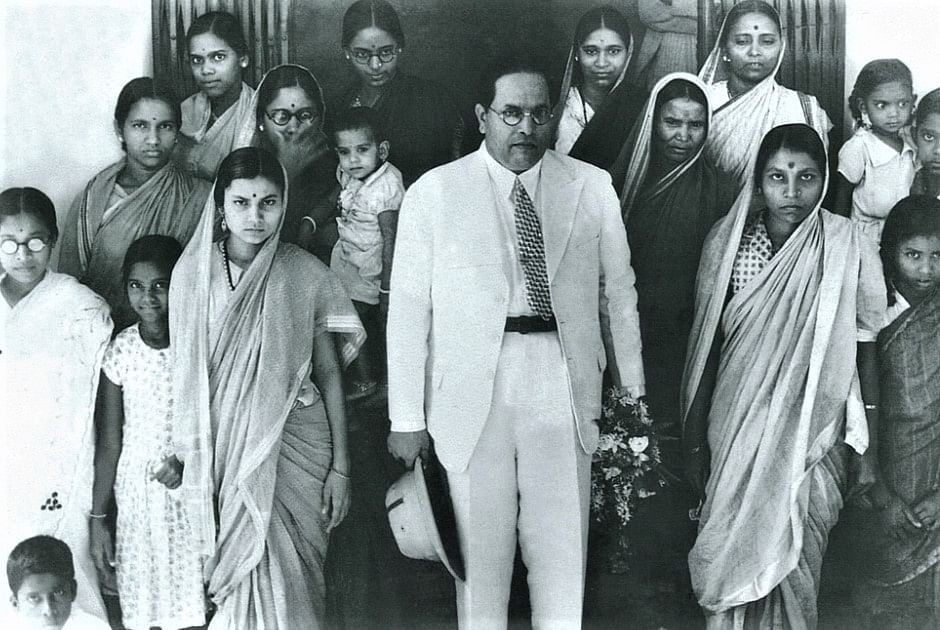
Dr. B.R. Ambedkar was born on 14th April 1891 in MHOW, Indore, Madhya Pradesh. He was the fourteenth child of his parents. Ambedkar's father Ramji was a Subedar in the Indian Army and posted at MHOW cant., Idore, MP. Ambedkar had to face severe discriminations from every corner of the society as his parents hailed from the Mahar caste. Mahar cast was viewed as "untouchable" by the upper class.
The discrimination and humiliation haunted Ambedkar even at the Army school, run by British government. Discrimination followed wherever he went. In 1908, Ambedkar went to study at the Elphinstone College, Mumbai. Dr. Ambedkar obtained a scholarship of twenty five rupees a month from the Gayakwad ruler of Baroda, Sayaji Rao III.
He graduated in Political Science and Economics from the Bombay University in 1912. Ambedkar went to USA for higher studies.
Fight For Justice
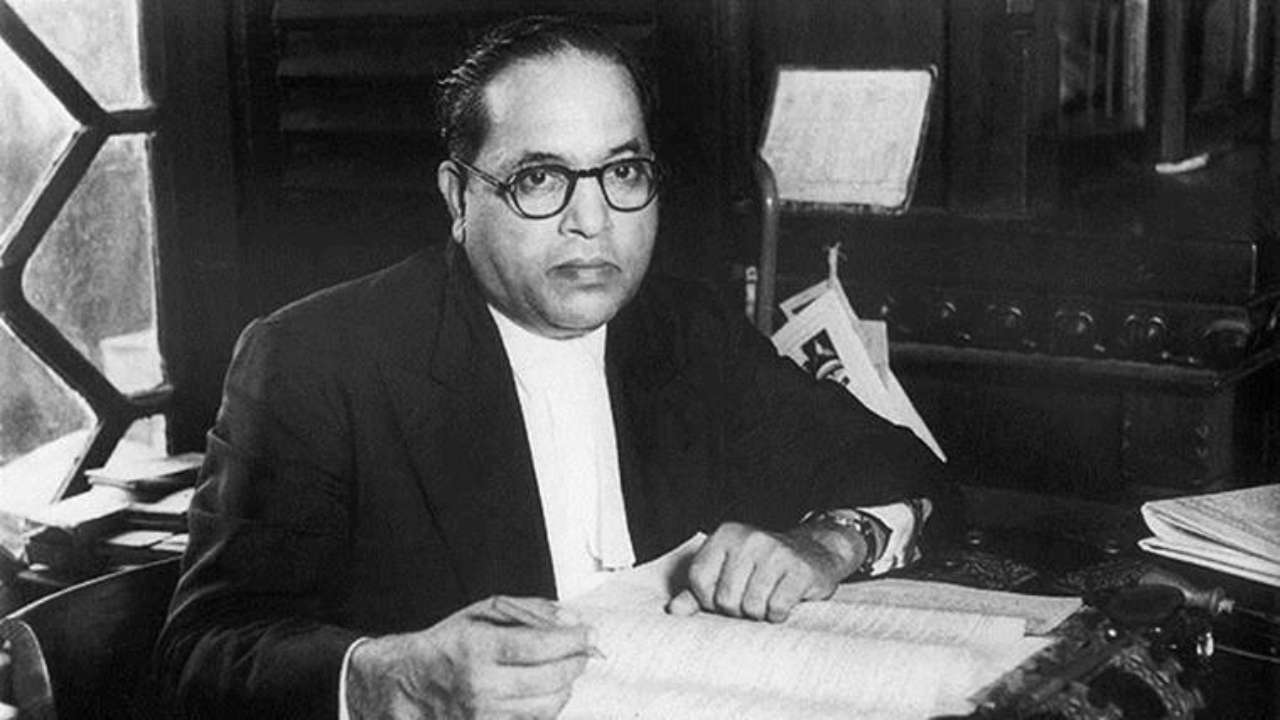
After coming back from US, Ambedkar was appointed as the Defence secretary to the King of Baroda. He had to face the humiliation for being an 'Untouchable' even at Baroda. To continue his further studies, in 1920 he went to England at his own expenses.
He was awarded honour of D.Sc. by the London University. On 8th June, 1927, he was awarded a Doctorate by the University of Columbia.
After returning to India, Dr. B. R. Ambedkar observed that cast discrimination was almost fragmenting the Nation so he decided to fight against it. Dr. Ambedkar favoured the concept of providing reservations for Backward Classes. Dr.Ambedkar, in wake of reaching to the people and making them understand the drawbacks of the prevailing social evils, launched a newspaper called "Mooknayak" (leader of the silent). Once after hearing his speech at a rally, Shahu IV, an influential ruler of Kolhapur dined with the leader. This incident had created a huge uproar in the socio-political arena of the country.
Recognition
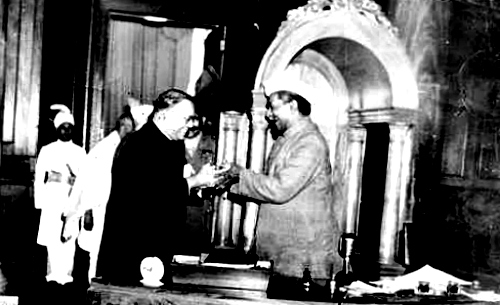
Well known Director Jabbar Patel directed a film "Dr. Babasaheb Ambedkar" on Dr. Ambedkar's life and teachings .
Since 1954-55 Dr. Ambedkar was suffering from serious health problems including diabetes and weak eyesight. On 6th December, 1956 he died at his residence 26, Alipur road, Delhi.



